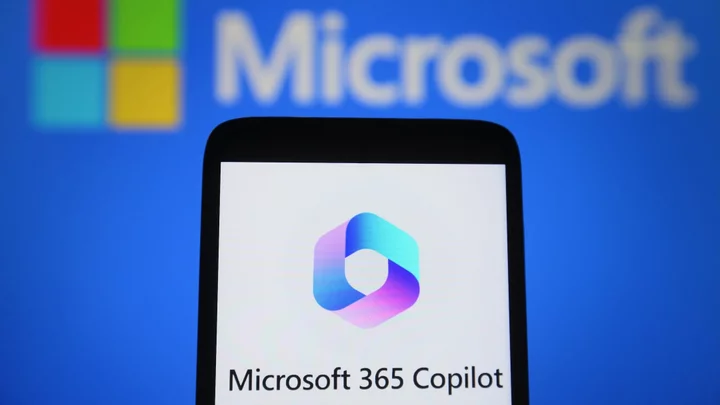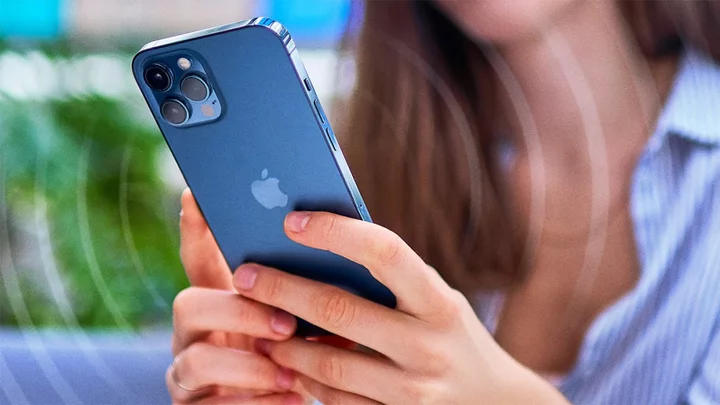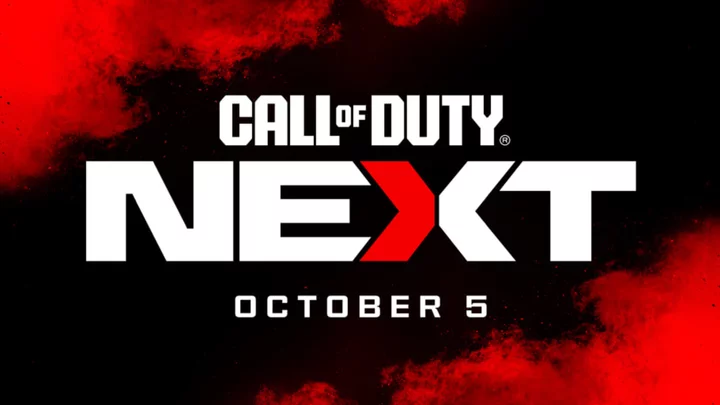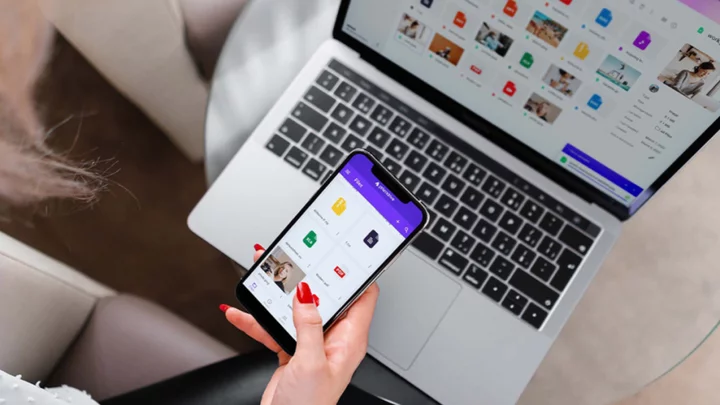Microsoft has noticed that some customers are afraid to use its Copilot AI given the program’s potential to accidentally plagiarize copyrighted work.
As a result, Microsoft is pledging to shield Copilot customers from lawsuits in the event someone sues. On Thursday, the software giant announced its “Copilot Copyright Commitment” to put clients at ease when publishing content created from the ChatGPT-powered program.
“And if you are challenged on copyright grounds, we will assume responsibility for the potential legal risks involved,” Microsoft said.
The company is pledging to defend customers in court and pay any damages or settlements from such lawsuits “as long as the customer used the guardrails and content filters we have built into our products,” Microsoft said.
The other catch is that the commitment only applies to paying customers of Microsoft’s commercial Copilot services through Microsoft 365 and Bing Chat Enterprise. So free users shouldn’t expect any legal protection.
Copilot creating a business proposal in Word. (Credit: Microsoft)In March, Microsoft debuted Copilot, an AI assistant that’s designed to be smart enough to write emails, create PowerPoint presentations, and author entire business proposals. In Thursday’s post, Microsoft pointed out it’s added filters into Copilot to “reduce the likelihood” it accidentally creates content that violates existing copyrights. But if a customer deliberately tries to generate “infringing materials” with Copilot, Microsoft has the right to shirk the legal liability.
Redmond is making the commitment when a growing number of artists and authors are suing companies for training their generative AI programs, such as ChatGPT, on their copyrighted works. The lawsuits claim the companies did so without consent or offers of compensation. Meanwhile, the generative AI programs have become adept at plagiarizing their works.
The legality of training an AI on copyrighted material remains unclear. But it looks like Microsoft is hoping to achieve a win-win outcome for all parties involved. “We believe the world needs AI to advance the spread of knowledge and help solve major societal challenges,” the company said in the announcement. “Yet it is critical for authors to retain control of their rights under copyright law and earn a healthy return on their creations.”
How it’ll achieve this was left unsaid. But Microsoft’s goal is to work with all stakeholders involved, including government officials. “Microsoft is bullish on the benefits of AI, but, as with any powerful technology, we’re clear-eyed about the challenges and risks associated with it, including protecting creative works,” the company added.









